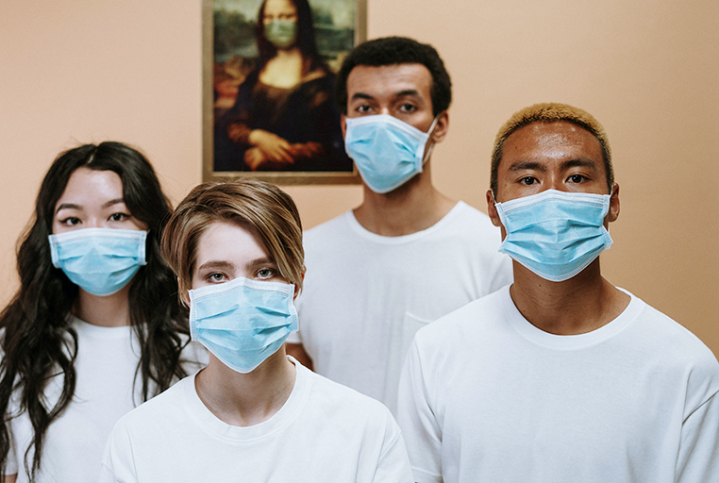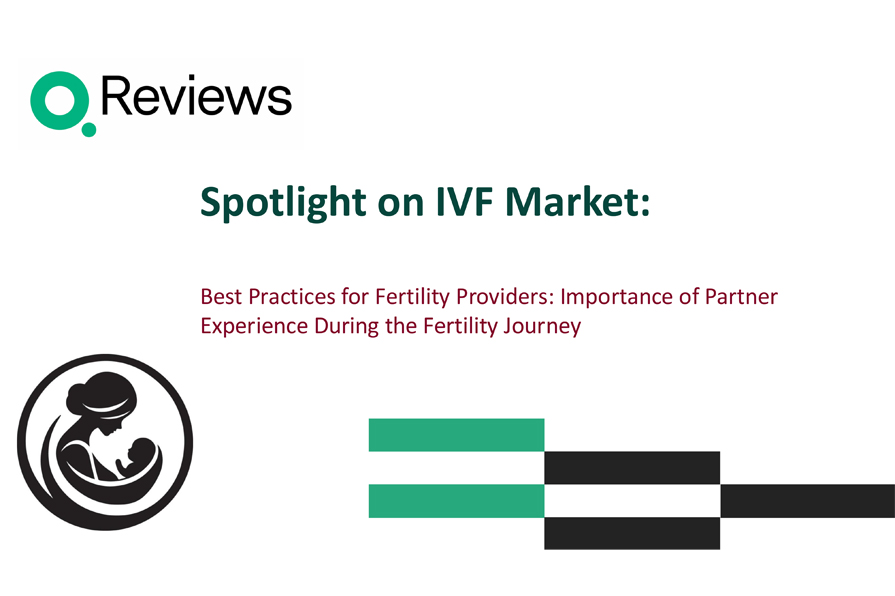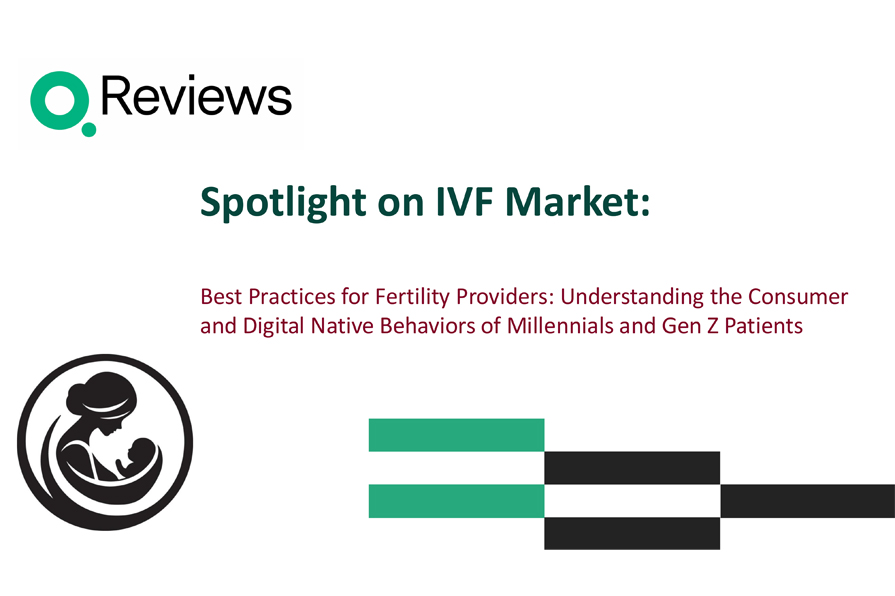
Leadership Excellence Across Patient Experience

For our most recent webinar Q-LEAPx (Leadership Excellence Across Patient Experience) virtual roundtable, Co-Founder and CEO, Edward Shin, MD talks about service recovery, clinical burnout, and employee recognition. His guests are Dr. Charles Washington of Memorial Sloan Kettering Cancer Center, Rebecca Asmussen, CPXP of Mount Sinai Health System, and Gustavo Del Toro, MD, Chief Medical Officer of Wyckoff Heights Medical Center. Each guest has used the Q-Reviews® platform for years and continues to see the value added to their organizations.
Going the Extra Mile for Patient Satisfaction
Dr. Charles Washington is all about ensuring patient and employee satisfaction, and Memorial Sloan Kettering has been using Quality Reviews® since 2017.
“We’ve made some real impact and gained a lot of insight into what our patients say and think about their experiences with us,” Washington said.
With Q-Reviews®, his team strives to address patient needs within 24 hours. The team focuses on all reviews that receive a rating of three stars or lower. As a result, that prompt attention builds trust with patients and their families. He explains that many patients are actually “surprised” to hear from the team and that quick response time is the key to patient retention.
According to Rebecca Asmussen, Q-Reviews® helped Mount Sinai reach its goal of excellent patient experience through service recovery. She describes a recently opened practice in Long Island, New York, which was receiving satisfactory grades — not negative, but not excellent. That was just enough information for the staff to follow up with patients about their appointments.
Through Q-Reviews® teams can be “granular” with their follow-up. For Washington, that means the nursing staff can tend to nurse issues, and radiation therapy tends to be radiation therapy issues.
In turn, teams can show appreciation for staff members who do an excellent job at service recovery through employee recognition.
Trying to Change the Culture of Mediocrity
Del Toro’s challenge was providing customer service at a “safety net hospital.” That means that his institution does more with less, including fewer employees. Wyckoff, however, has no desire to settle into a “culture of mediocrity.” Instead, it strives for leadership excellence. For three years, the staff has been using real-time feedback to change the hospital’s trajectory. They review the data from the day or weekend before to create action plans for service recovery.
Del Toro says Q-Reviews has “revolutionized how we capture the patient experience in our emergency department and most of our ambulatory services.” He refers to it as an “invaluable mechanism” for keeping tabs on productivity and challenges from day to day. He also expressed that even the CEO frequently quotes Q-Reviews® and attributes system changes to its findings.
Wyckoff’s experience with Q-Reviews® shows how no hospital system is exempt from listening to the unique needs of patients and staff.
Combatting Clinical Burnout
As the Chief Medical Officer at Wyckoff in Brooklyn, Del Toro saw the worst of the pandemic. New York City suffered greatly during the first and second waves. During the third wave, his hospital lost five employees. “We were overburdened with chronically ill patients, and they were dropping dead, ” he says. What’s more, they were at max capacity with nowhere to send the patients.
“We lost so many lives,” Del Toro explains. “During that time, we operated under the greatest pressure that healthcare has been under in at least a century. It was sobering.”
With the pressure healthcare workers are under, it may come as no surprise that they burn out and quit in large numbers. However, their places of employment must identify and alleviate signs of clinical burnout.
Washington’s hospital formed a staff burnout committee. He says, “The efforts look at the quality of faculty engagements. What are the dynamics that may challenge them along the way?” It is also important to get the staff perspective on the patient experience, as well as daily operations.
How the Leadership Excellence Panel Tackles Challenges
The team monitors staff for signs of clinical burnout and has developed ways to keep staff motivated and engaged. At the heart of that is emotional intelligence, credibility, and learning to be reflective thinkers. He says, “These are the kinds of practices that we continue to engage our staff across the institution.”
Asmussen describes how Covid-19 created the need for virtual options. Mount Sinai already had a center for stress management. Unfortunately, employees had difficulty accessing yoga or meditation due to how spread out their offices were. “Everything moving into a more virtual and electronic space has benefited us. It’s given us a lot of access to those offerings that the health system has had.”
Virtual options, plus employee recognition and occasionally office lunch, have helped to keep frontline staff engaged. These were put into practice prior to the pandemic, but have become even more important in the time since.
Covid-19 has been a learning experience for hospital systems, and Q-Reviews® has been the means of facilitating leadership excellence, service recovery, and employee recognition. Washington says, “I’ve learned that people are resilient and that people who get backed into a corner will find ways to get the job done.”








